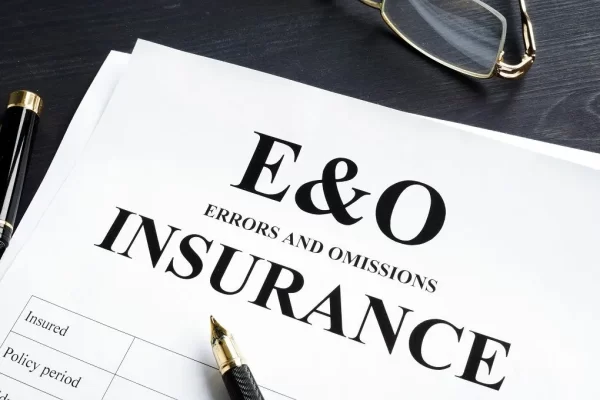Errors and Omissions (E&O) insurance, also known as professional liability insurance, is essential for bookkeepers who provide financial record-keeping services. This type of insurance protects bookkeepers from claims of negligence, errors, or omissions in their work that could lead to financial loss for their clients. Given the sensitive nature of bookkeeping, even a small mistake can result in significant financial repercussions, making E&O insurance a crucial safeguard.
ALSO READ: General Liability insurance Policy for Small Businesses
Why Bookkeepers Need Errors and Omissions E&O Insurance
Bookkeepers handle financial data, prepare reports, reconcile accounts, and ensure accurate records for businesses. Mistakes such as incorrect data entry, misclassification of expenses, or failure to comply with tax regulations can lead to penalties or financial losses for clients. In such cases, a client may file a lawsuit against the bookkeeper, even if the mistake was unintentional. E&O insurance provides financial protection by covering legal fees, settlements, and damages that may arise from such claims.
What Errors and Omissions E&O Insurance Covers
E&O insurance typically covers:
- Errors in bookkeeping records – If a bookkeeper miscalculates numbers or misclassifies transactions, leading to financial discrepancies.
- Failure to deliver services as promised – If a bookkeeper does not meet contractual obligations, resulting in client losses.
- Negligence claims – If a client accuses the bookkeeper of failing to exercise due diligence, leading to monetary harm.
- Legal defense costs – Even if a claim is unfounded, legal expenses can be significant, and E&O insurance covers these costs.
What E&O Insurance Does Not Cover
While E&O insurance protects against professional mistakes, it does not cover:
- Fraud or intentional misconduct – If a bookkeeper engages in fraudulent activities, the policy will not provide coverage.
- Employee theft – A separate fidelity bond or crime insurance policy is required for protection against employee dishonesty.
- General business liabilities – Property damage or bodily injury claims require general liability insurance.
Cost and Considerations
The cost of E&O insurance varies based on factors like business size, coverage limits, and claims history. A sole proprietor might pay a few hundred dollars annually, while larger firms may pay more. Bookkeepers should carefully review policy terms and choose coverage that aligns with their risk exposure.
Conclusion
E&O insurance is a vital investment for bookkeepers, providing protection against costly legal claims. By securing proper coverage, bookkeepers can operate with confidence, knowing they are safeguarded against potential professional risks.


